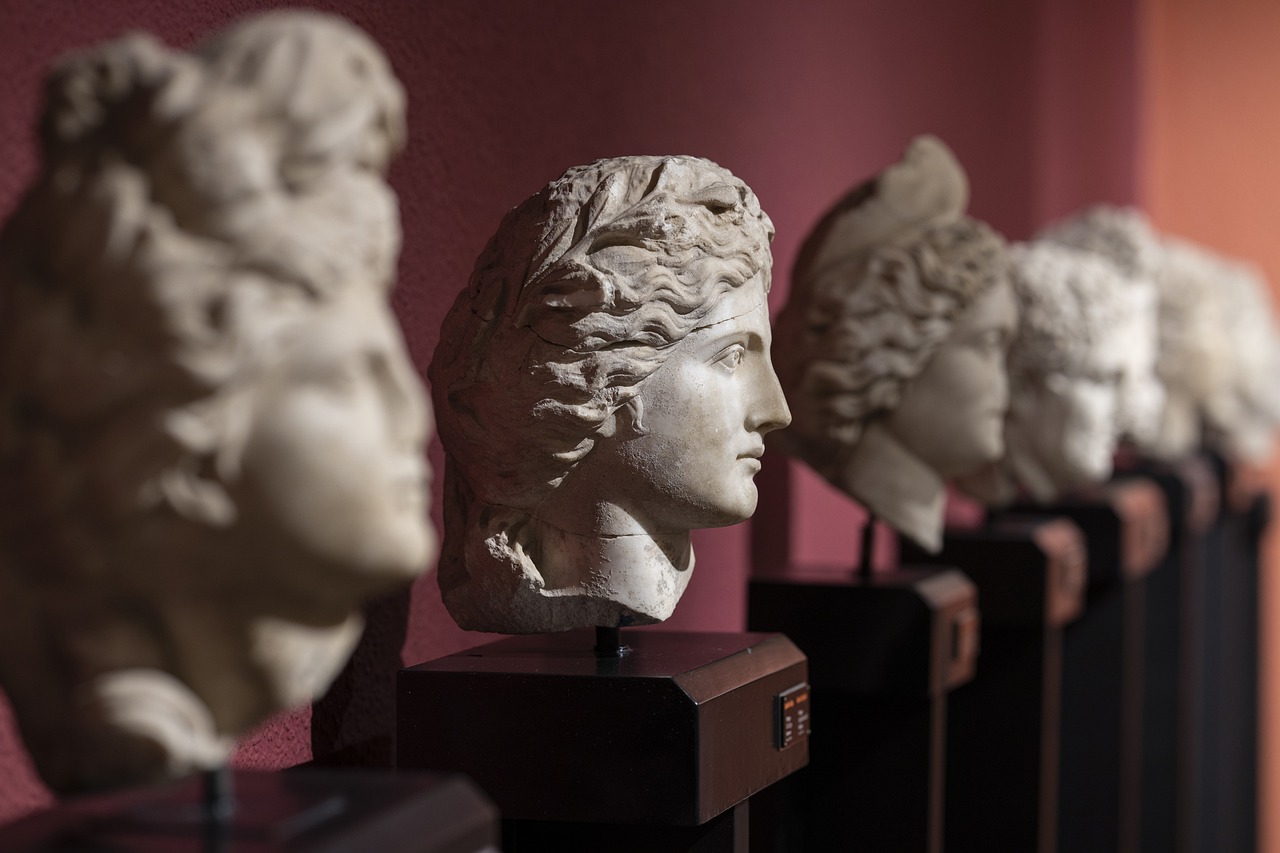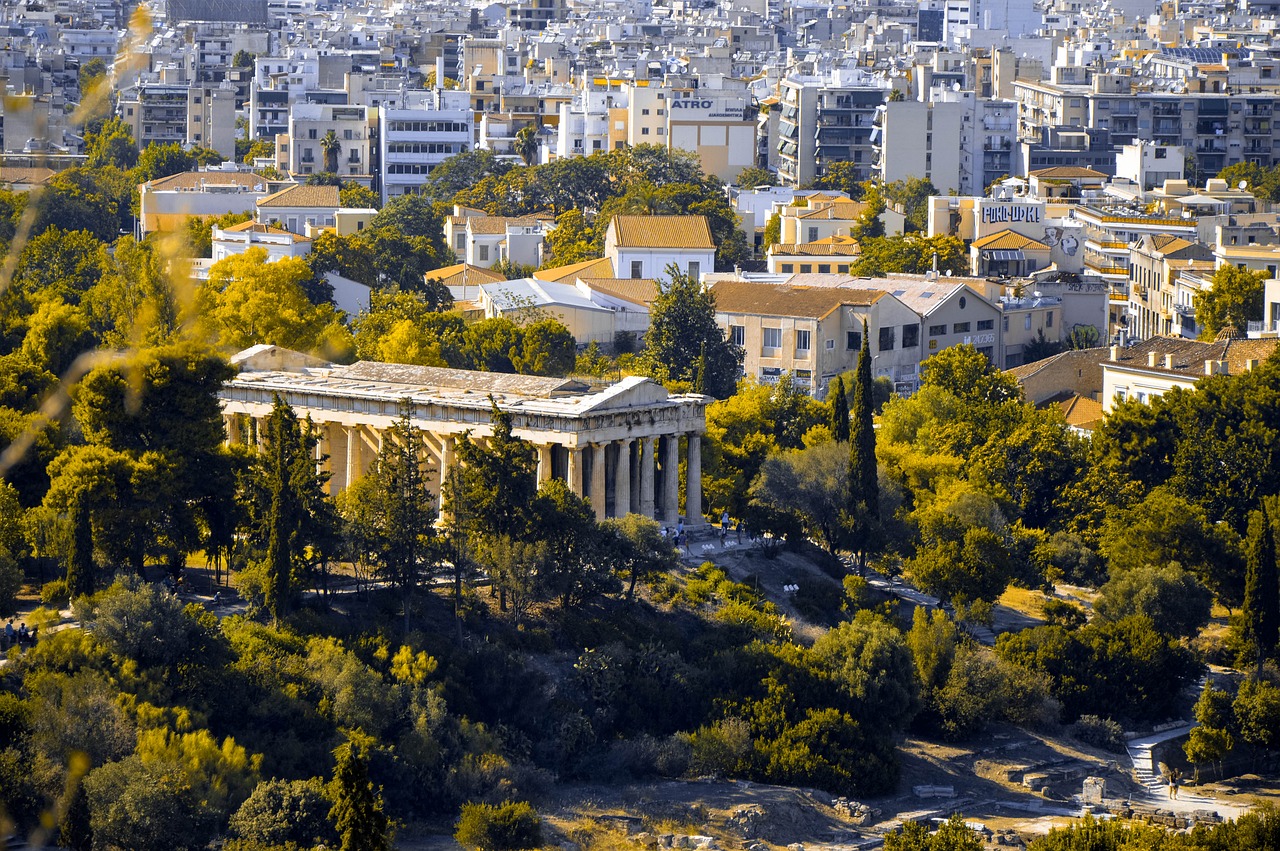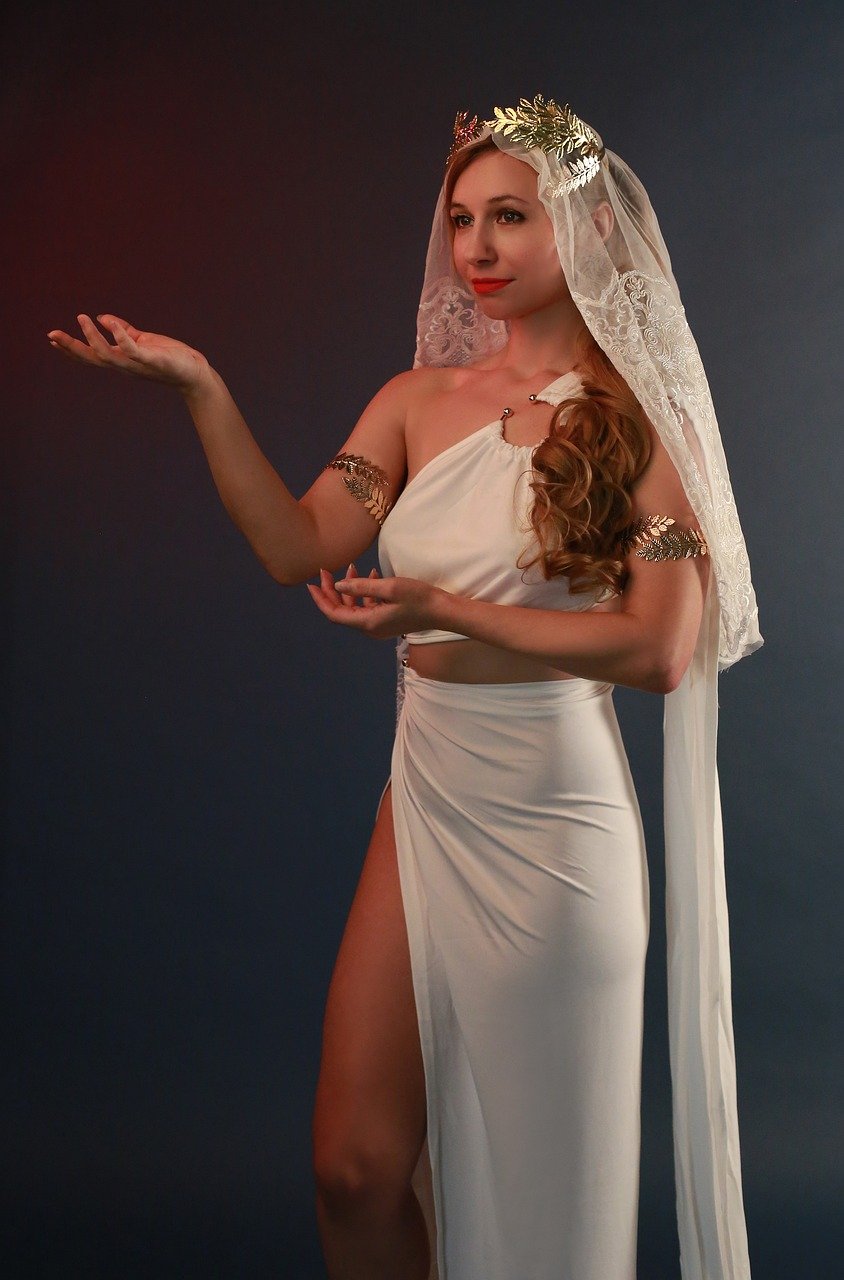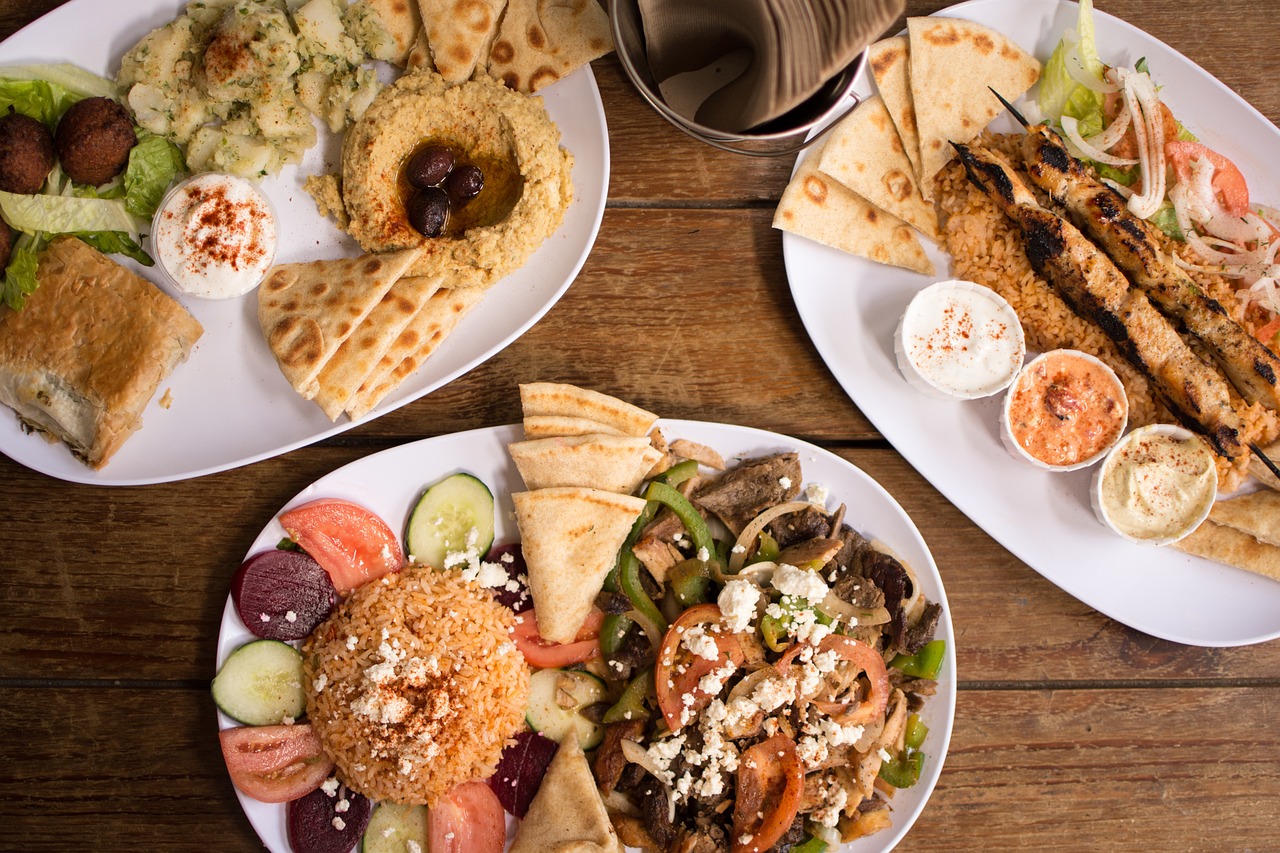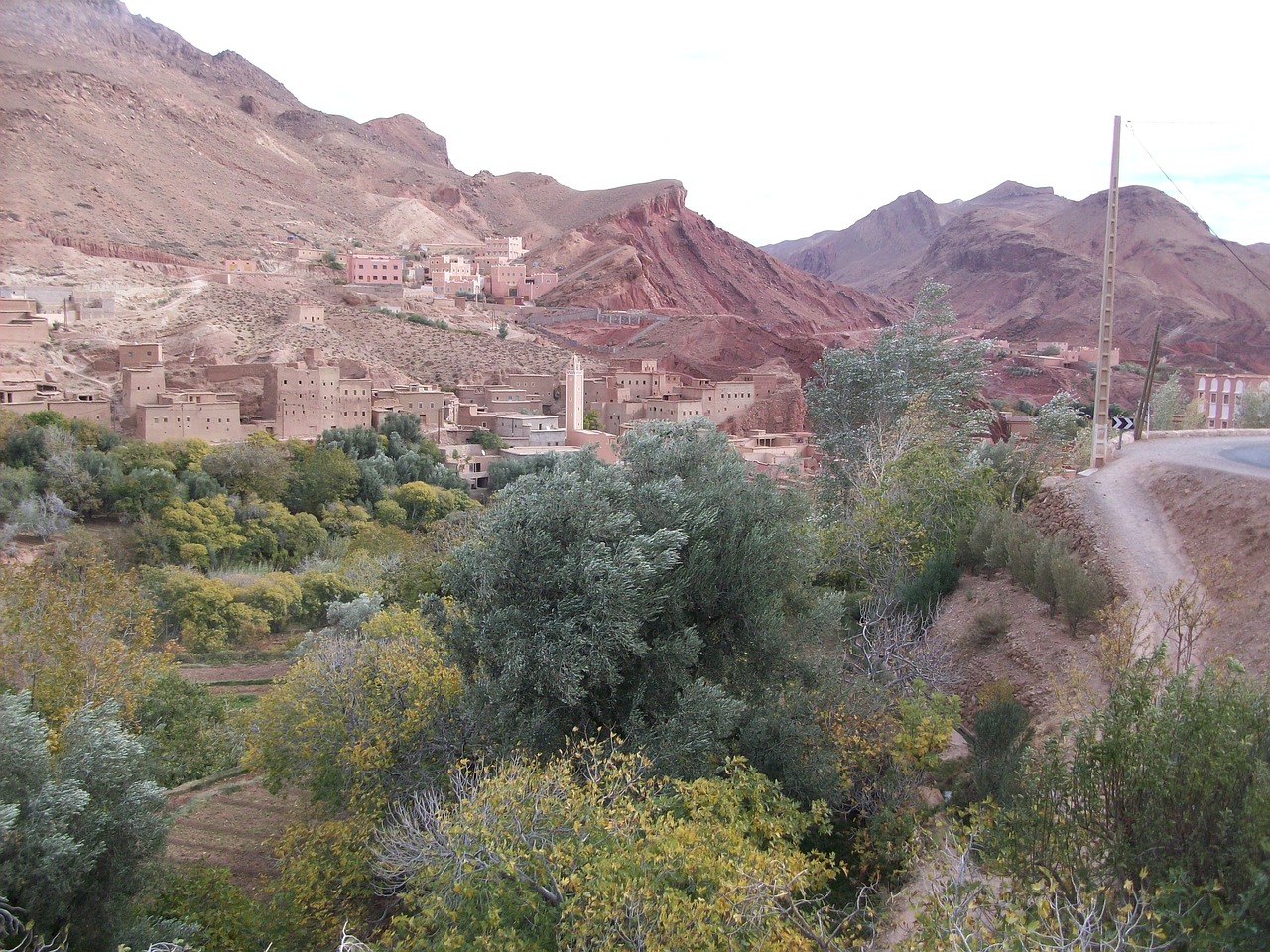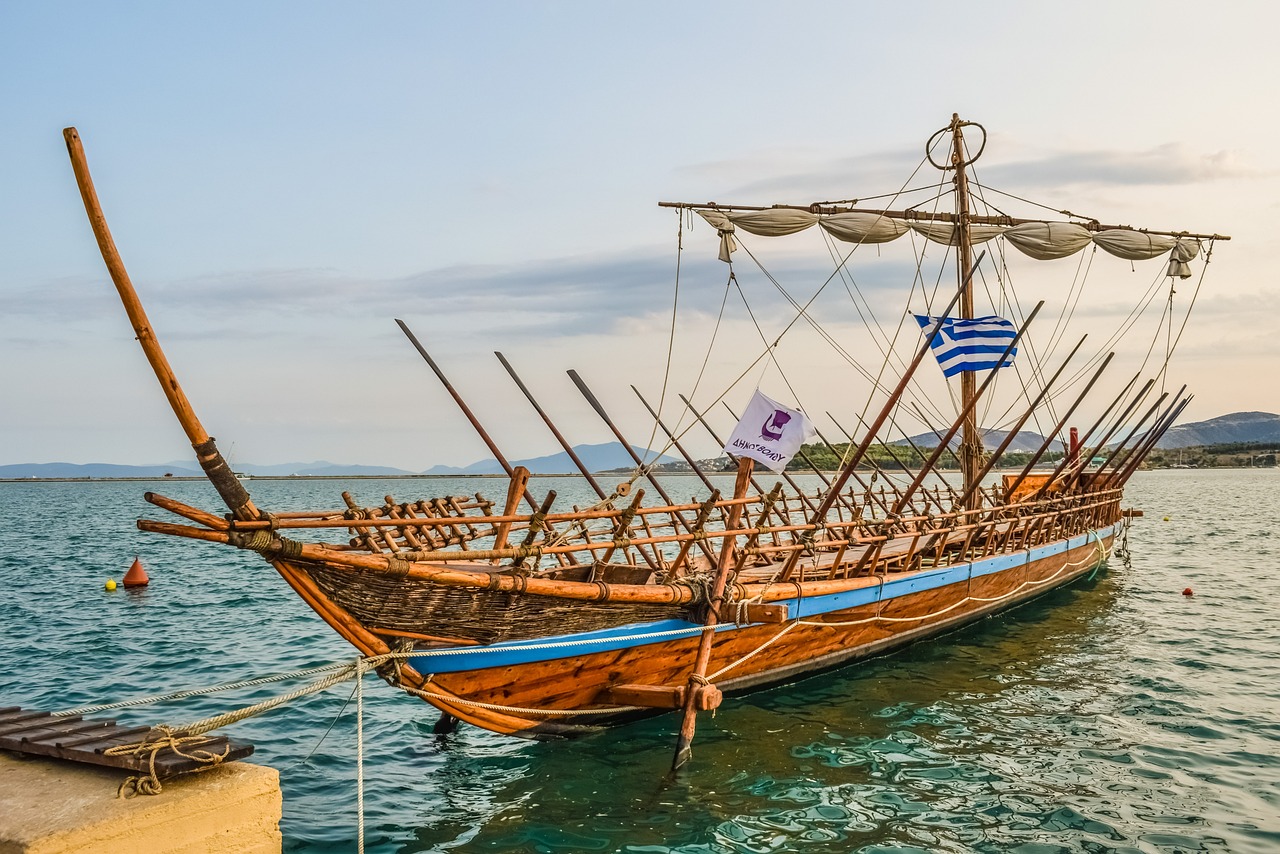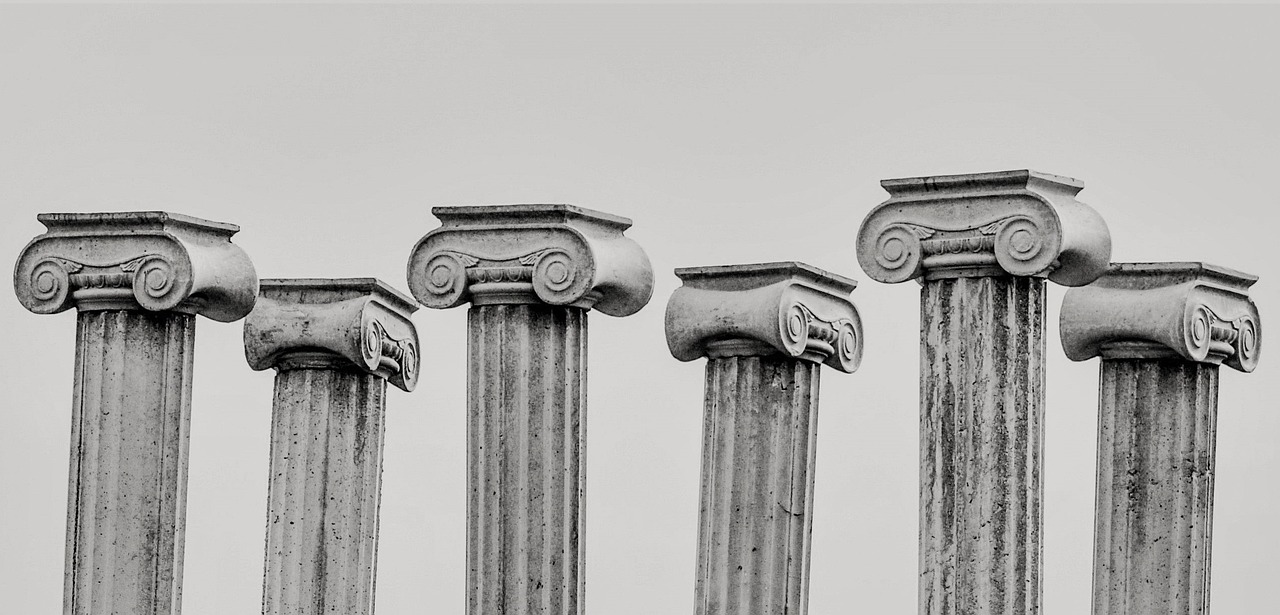Tag: Greek mythology
-
Greek mythology consists of a vast collection of tales that explore the gods, heroes, and rituals of ancient Greece and its classical heritage. Although philosophers such as Plato acknowledged the fictional elements within these myths as early as the 5th–4th century BCE, the myths themselves were generally perceived as true by the majority of the…
-
Achilles, a prominent figure in Greek mythology, is renowned as a legendary hero whose story exemplifies extraordinary strength, bravery, and unwavering loyalty. However, he is famously known for his singular vulnerability – his “Achilles heel.” The tale of his valor and exploits is captured in Homer’s epic poem, the Iliad, which recounts the events surrounding…
-
Monday, February 27th, 2012 For many avid readers fond of myths, Athena has long stood as a cherished figure. This goddess embodies brilliance, courage, and the striking ability to uphold herself against even the mightiest of Olympian gods. Her exceptional traits—strategy, craftsmanship, and wisdom—are qualities I aspired to possess. One legendary tale that captivates me…
-
Hestia: The Goddess of the Hearth in Greek Mythology Hestia is known as the virgin goddess of the hearth, encompassing both domestic and communal aspects. She plays a crucial role in overseeing the cooking of bread and the preparation of family meals as the divine figure linked to the family hearth. As a goddess of…
-
Ouranos: The Primordial God of the Sky Introduction to Ouranos In Greek mythology, Ouranos, or Uranus in Latin, represents the primordial deity of the sky. The ancients visualized the sky as a vast, solid dome made of brass, embellished with twinkling stars, resting on the edges of a flat Earth. While Ouranos represented the heavenly…
-
Selene, also known as Mene, is a significant figure in Greek mythology, embodying the essence of the moon. By night, she traverses the heavens in a grand chariot, pulling the moon along with her. Selene is the offspring of the Titans Hyperion and Theia, sharing familial ties with her siblings—Helios, the sun god, and Eos,…
-
Atlas: The Titan of Endurance and Astronomy Atlas, a prominent figure in Greek mythology, was a Titan known for bearing the weight of the heavens upon his shoulders. His name signifies endurance, reflecting his role in the myths where he often faced immense burdens. Atlas led the Titans in their epic struggle against Zeus. Following…
-
Gaea: The Earth Goddess of Greek Mythology Gaea, also known as Gaia, was the primordial deity representing the Earth in Greek mythology. As one of the first elemental gods, she emerged during the initial stages of creation. Revered as the universal mother, Gaea was the progenitor of numerous deities and beings: her union with Ouranos…
-
In Greek mythology, the Argonauts refer to a group of fifty legendary heroes who journeyed with Jason aboard the ship Argo in their quest to obtain the Golden Fleece. The narrative unfolds against the backdrop of a power struggle in Iolcos, Thessaly, where Jason’s uncle Pelias seized the throne that rightfully belonged to Jason’s father,…
-
Greek mythology encompasses a collection of narratives revolving around deities, heroes, and the associated rituals of ancient Greek civilization, as well as Classical antiquity. While intellectually inclined Greeks, like philosopher Plato during the 5th–4th century BCE, acknowledged the mythical narratives contained fictional elements, the general populace embraced these myths as factual representations shaping their religious…

